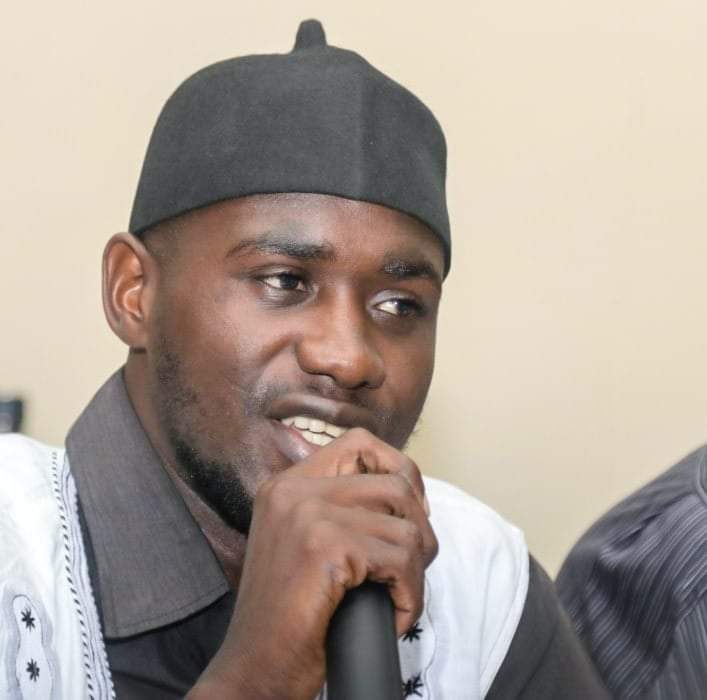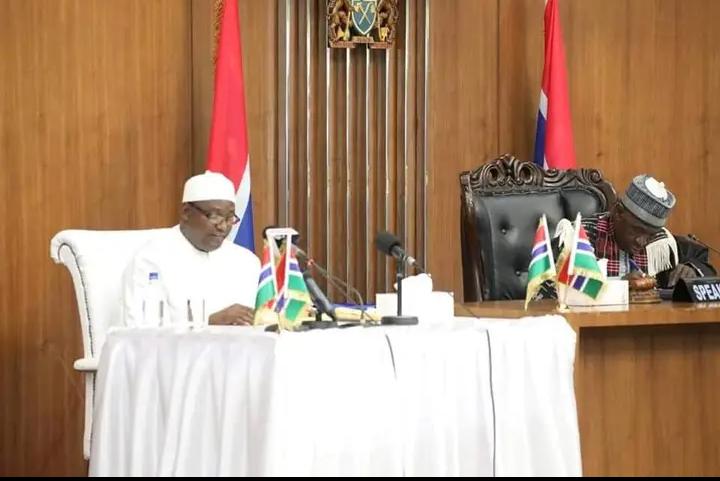It is quite interesting to be acquainted that with the number of presidential aspirants, none is found yet whose agenda have anything explicitly catered for Arabic/Islamic students.
Yes, it is a policy driven Gambia we all yearn to see; and since politicians at least now began to debate on policies and programmes, one could begin to be hopeful that change will affect the status quo. The citizenry will be informed and helped make informed choices as to who to vote for and why.
Having listened to many presidential aspirants who revealed their intentions to run the country, the Ten-Point promise of CA, GONGA of PDOIS, and Five-Points of UDP and the rest, who knows the status of MADRASA education system, teachers and students, and therefore lay down plans to ensure they have their share in the national cake?
Beginning from DAARA/ KARANTAA and MAJLIS, Islamic education system could be considered the first education system in the Gambia established even prior to Christian mission schools. MADRASA, as the later system, was introduced years preceding the country’s independence. Since then, the graduates of this system contribute their quota immensely to the socio-economic development of the Gambia.
According to the 2018 annual report of the General Secretariat for Islamic/Arabic Education in the Gambia (AMANA), 23% of the total number of schools in the Gambia is MADRASA whose students formed 20% of school-going children in the country. Out of the total number of high schools, 35% of them are MADRASA and 23% of high school attenders constitute MADRASA students.
The statistic above captured only MADRASAS that are registered under the said Secretariat. What of MAJAALIS and TAHFIDH (Quranic memorization centers), their teachers and students? Reflecting on these, one could conclude that thousands of students graduate annually from Islamic/Arabic schools.
What do politicians have for these graduates? We’re still questioning!
AMANA benefits yearly subvention from MoBSE for its administrative expenses and teacher salaries. In recent years since the dawn of the current government, AMANA has undergone financial constraints due to lack of government commitment to fully fund its annual budget. This had led AMANA to be financially in debt with other institutions.
From the first republic, politicians used the influence of Imams and Religious Leaders. If one takes a careful look at this, it’s mainly for their political gain.
How long shall we endure this systematic marginalization?
We voted, and voted, and until when shall we continue to vote!
For what really are we voting?
#Silence is overdue!
In speaking, we shall be heard!
By Al-Amin Sanneh, a concerned citizen.





Leave A Comment